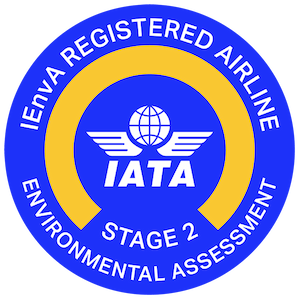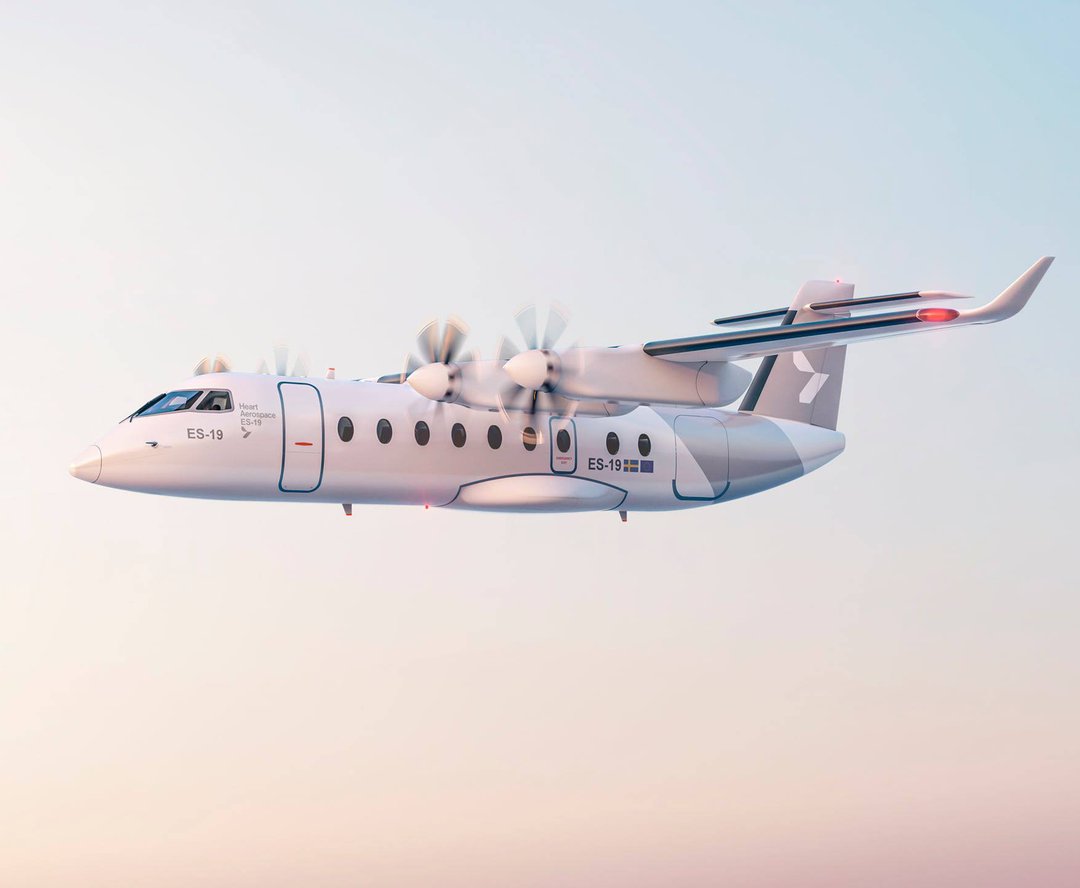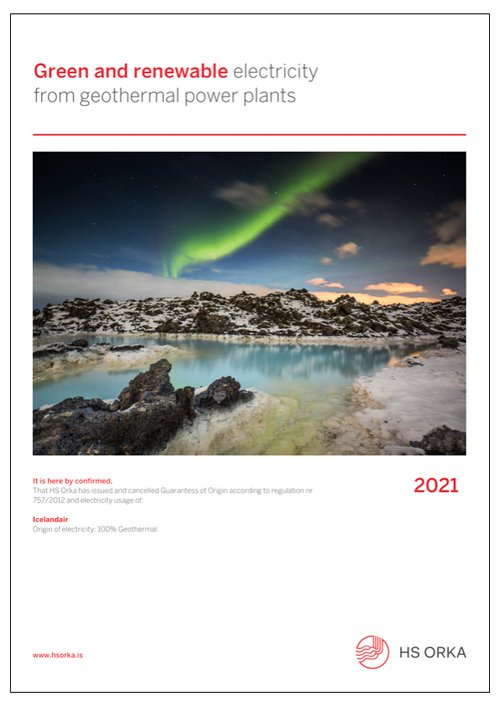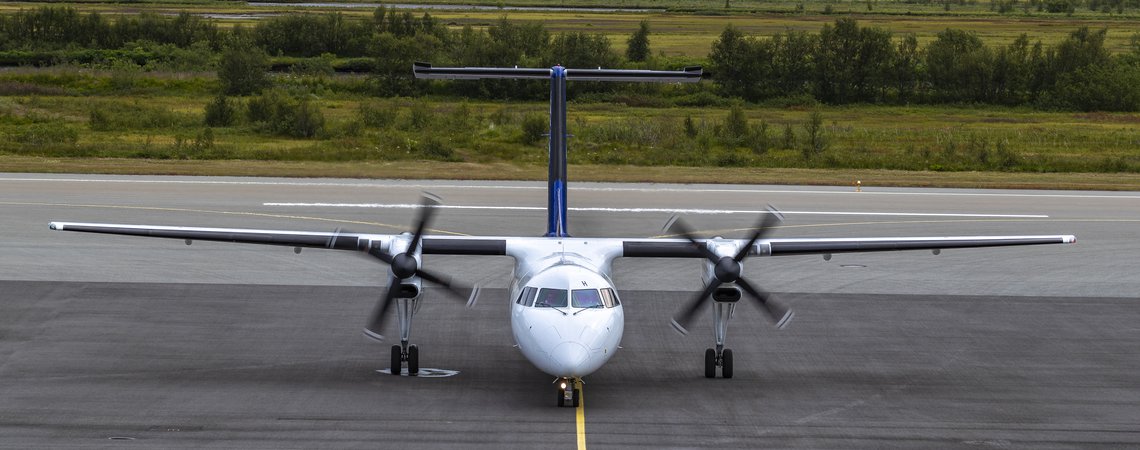Icelandair’s goal is to minimise waste and increase recycling in all operations where restrictions by laws and regulations do not restrict waste separation.
Total amount of waste generated by Icelandair was 688 tonnes in 2021. The geographical location of operations and the legal environment must be considered as in some cases these factors may restrict waste separation, as cabin waste is subject to national waste management controls that are strict to protect agricultural sectors. That means that all cabin waste that has come in contact with or is made from animal products must be incinerated.
The decrease in travel demand has had the side effects that the amount of waste generated from the Company is considerably less than in a normal operating year. The biggest impact there is the decrease in operations in the catering Kitchen at Keflavik Airport and the services on board were minimised to limit contact between passengers and crew members. To respond to the situation, the Company has, in co-operation with its waste service provider, changed the frequency of the waste collection to eliminate unnecessary trips with empty waste containers.
Icelandair has initiated various successful projects to improve waste recycling within the Company such as further usage of used oils, timber and metal that goes into appropriate recycling streams. In line with law and regulation, all hazardous waste is returned to certified parties to ensure their proper treatment.
The Company that handles all garbage collection and disposal for Icelandair is licensed by the Environment Agency.



